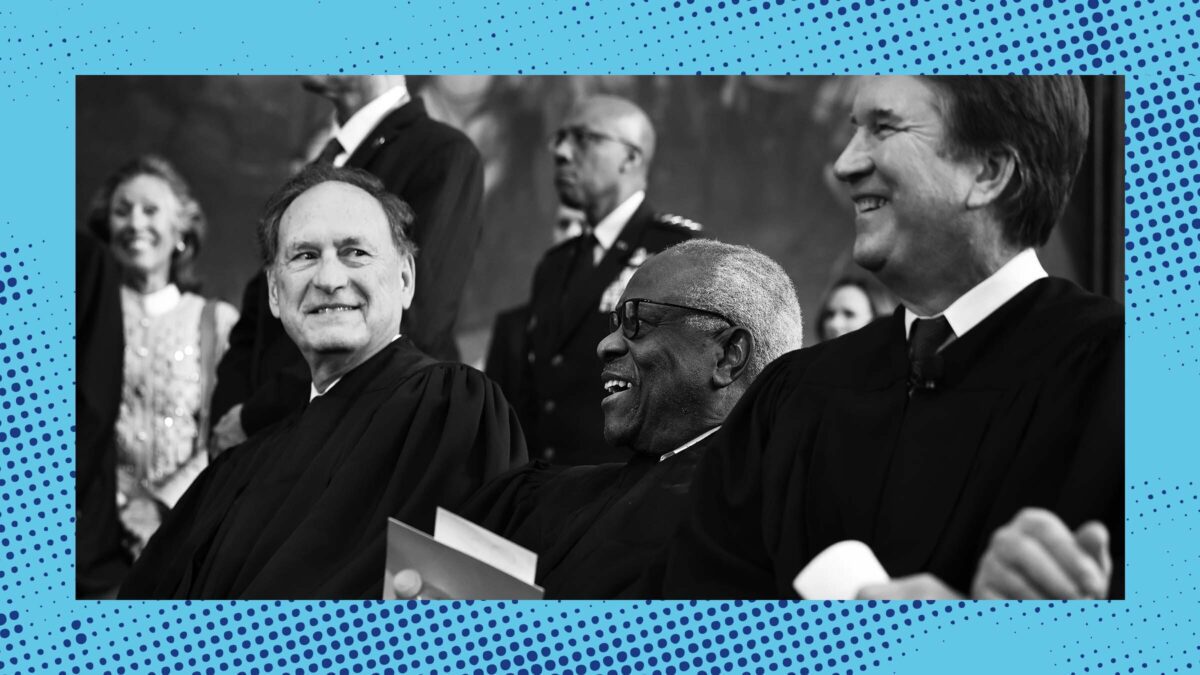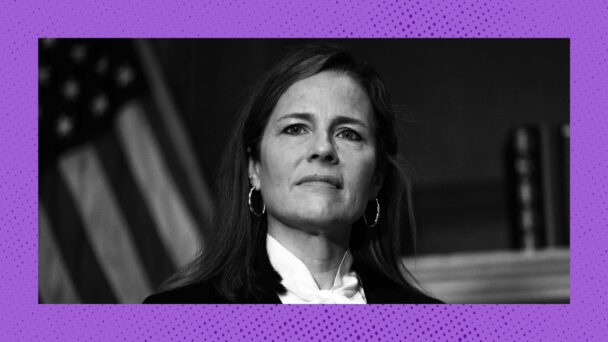The Social Security Administration’s chief data officer, Charles Borges, tendered his “involuntary resignation” on Friday, days after filing a protected whistleblower disclosure that exposed grave risks to Americans’ private data. In a letter, Borges alerted Congress and federal prosecutors that Elon Musk’s “Department of Government Efficiency” team had illegally created “a live copy of the entire country’s Social Security information” in a cloud environment, with no security or oversight mechanisms. This vast dataset includes people’s names and addresses, race and citizenship status, medical records, and other sensitive personal data. As a result of DOGE’s shoddy information security practices, hundreds of millions of Americans are now more susceptible to harms like identity theft, loss of healthcare and food benefits, and targeting based on their personal characteristics.
This crisis was entirely avoidable. And for a brief shining moment, it was staved off in court. Back in February, two labor unions and a retired workers advocacy organization brought a lawsuit to halt DOGE’s seizure of this data, filed on behalf of millions of people who administer or rely on programs administered by SSA. A federal district court then limited DOGE’s access to unredacted SSA data while the trial was pending, after determining that allowing DOGE’s unfettered access to the data was likely illegal; that it wouldn’t hurt the government at all to wait for the access it sought; and that giving DOGE immediate access could seriously hurt everyone else. The Trump administration asked the Fourth Circuit Court of Appeals to lift the lower court’s order, but the appeals court said no, and described the lower court’s analysis of the possible injury to the public as “lengthy, thorough, and compelling.”
The Trump administration then filed an emergency request for relief with the Supreme Court. And on a Friday afternoon in June, the Republican justices said yes. (They didn’t sign the order, but since the liberal justices all said they would have denied it, we know whose fault this is.)
Within days of the Court’s order, Borges told Congress in his disclosure, DOGE’s access to SSA data “escalated in scope and gravity.” DOGE personnel requested the entire SSA data set and proceeded to copy it, ignoring career employees’ warnings of a possible “catastrophic impact to SSA beneficiaries and SSA programs.” Putting all Social Security data in an unsecured cloud environment may also violate federal laws related to information security, privacy, and fraud.
Yet by overruling the lower courts in SSA v. AFSCME, the Supreme Court disregarded plain evidence of an enormous risk of mismanagement, and of misuse of highly sensitive personal information. It did so with a threadbare explanation, undoing in three paragraphs what the lower court did in 300 pages. And as a direct result of the Court’s habitual refusal to engage with the likely practical effects of its decisions, your Social Security Number is now accessible to a 19-year-old who goes by “Big Balls.”
The Court’s decision is particularly absurd because both the district court’s temporary block of full access to SSA data and also the Supreme Court’s rescission of that block are examples of “equitable relief.” In theory, the purpose of equitable relief is reducing real-world harm. The legal standard literally calls on courts to ask themselves how badly people are going to get hurt. The implication of the Court’s decision is that DOGE’s demand for unlimited data access is likely legal; that DOGE would be seriously injured if subjected to any restraints; and that everyone else would probably be just fine—conclusions that are completely divorced from reality.
In a dissent joined by Justice Sonia Sotomayor, Justice Ketanji Brown Jackson did what the majority did not: spell out the stakes of giving DOGE immediate and unqualified access to SSA data. On the one hand, she said, “there is a repository of millions of Americans’ legally protected, highly sensitive information that—if improperly handled or disseminated—risks causing significant harm, as Congress has already recognized.” On the other hand, she continued, “there is the Government’s desire to ditch the usual protocols for accessing that data, before the courts have even determined whether DOGE’s access is lawful.”
SSA v. AFSCME is ironically representative of the Court’s equitable relief decisions in that there is no trace of equity to be found. The week before it lifted this lower court order, for example, the Court lifted another order that kept the Trump administration from terminating the lawful status of roughly 500,000 noncitizen residents. In that case, too, Jackson expressed sarcastic bafflement: “Somehow, the Court has now apparently determined that the equity balance weighs in the Government’s favor, and, I suppose, that it is in the public’s interest to have the lives of half a million migrants unravel all around us,” she wrote.
Equitable relief is premised on the idea that the judge responsible for its grant or denial has the capacity to give a damn. But the Republicans on the Supreme Court seize every opportunity to demonstrate their utter lack of interest in protecting the public. They are solely interested in empowering the Trump administration to put the public in harm’s way.






